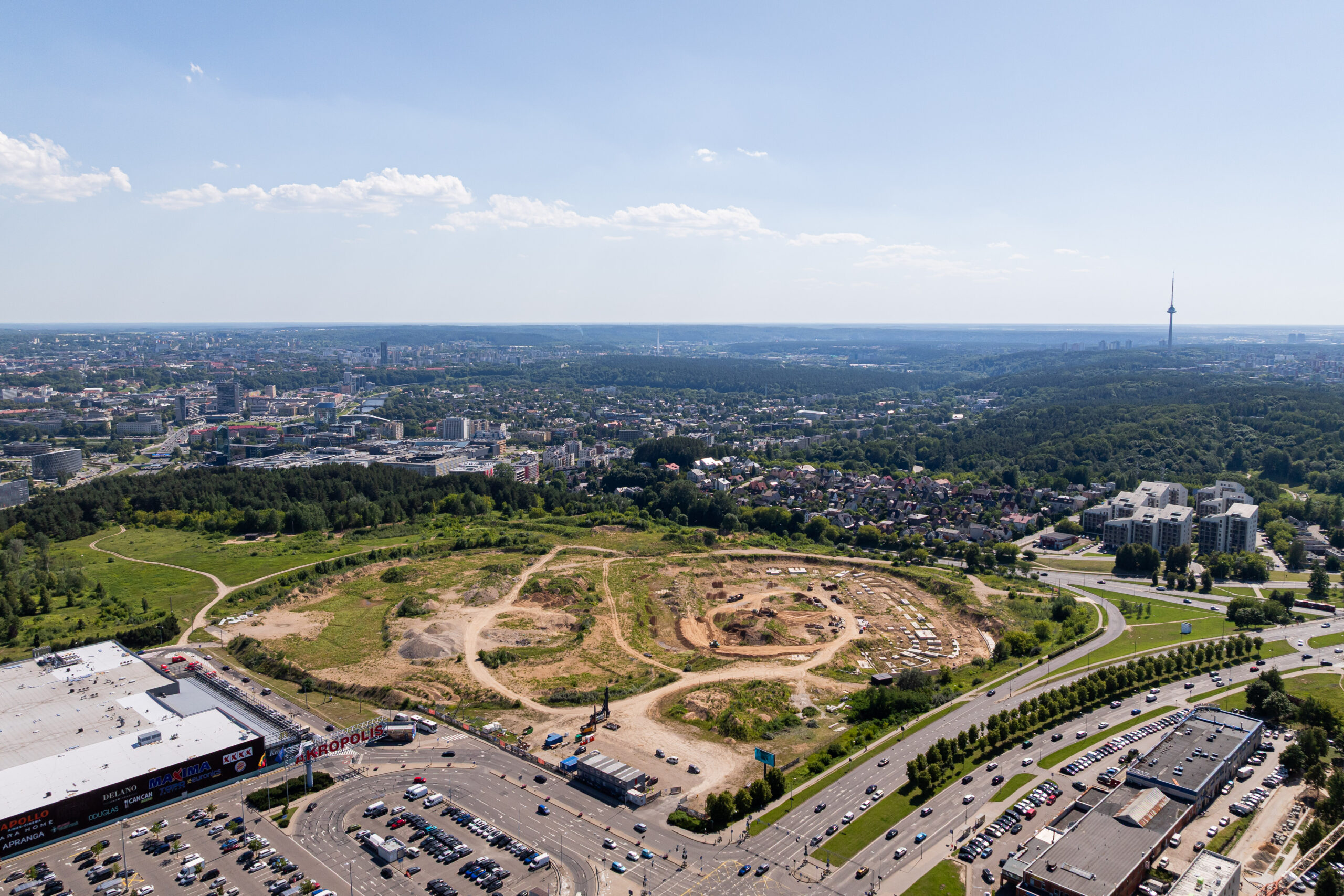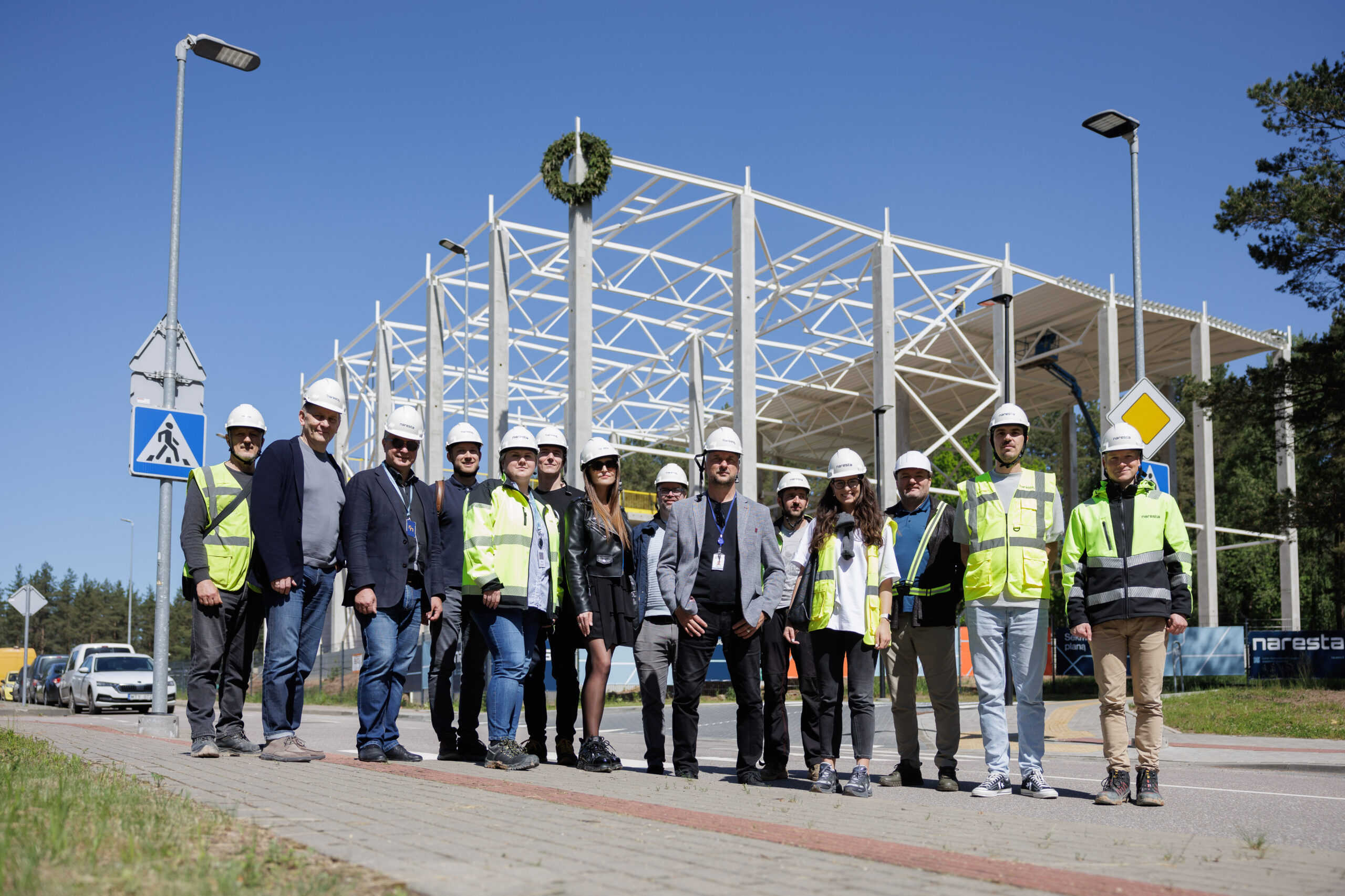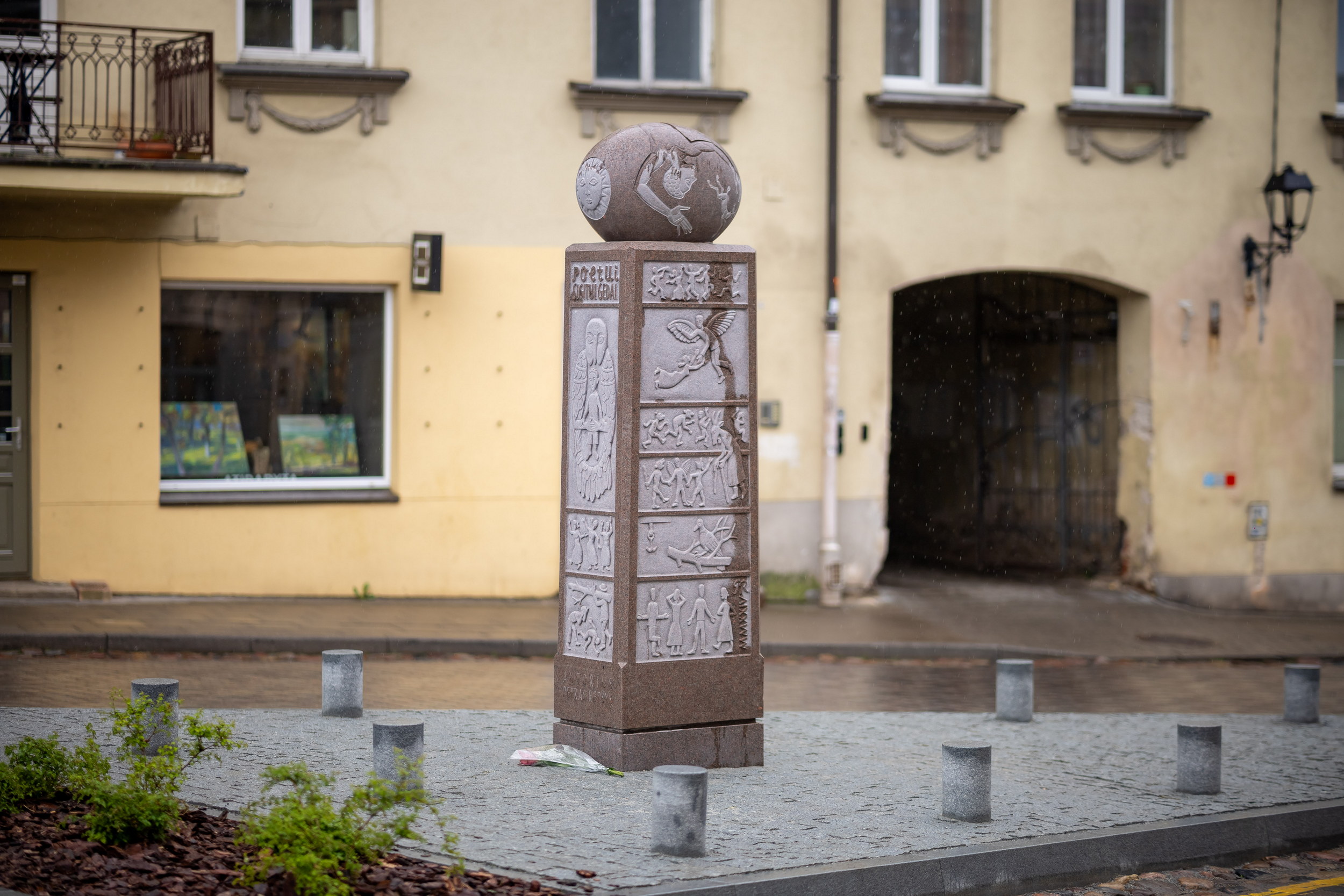Tadas Grincevičius: We must work together to find solutions to this situation

The construction market is the sector that is experiencing the biggest shortage of workers in the EU, according to statistics from the European Federation of Construction Industries. An analogous situation exists in Lithuania. If we do not look for solutions now, the problem will only deepen as society ages.
“There is a shortage of people working in Lithuania and other EU countries. For several years, there has been a particular shortage of welders and concrete workers. It is also more difficult to find electricians, installers of heating/ventilation systems,” said Raimonda Tatarėlyė, a spokeswoman for recruitment platform “CVMarket.lt “.
According to the expert, although it has always been common for the most job offers to be published in frequently changing positions in the sales, service, catering, transport or manufacturing sectors, in recent years the construction market ads have also firmly established themselves among the TOP 10 most open positions.
“We see the same trend happening across the continent. We have been observing it for almost a decade, but in recent years the situation in the market has gradually become dramatic. One of the main reasons for the shortage of employees was the increase in the average age of the population. In Sweden, for example, it is estimated that 10% of all construction workers will retire in 2028, and there is no replacement for them.
An important aspect of attracting young people, which we must talk about, is the attractiveness of a career in this area. We have to admit that with the changes in technology, qualification and sector culture that have changed beyond recognition in recent decades, the image of construction in society has still remained in the nineties. This is one of the decisive reasons why young people are choosing to study construction professions less and less,” says Tadas Grincevičius, CEO of one of the largest construction companies in Lithuania, Naresta.
According to him, the situation of shortage of employees in Lithuania is saved in a certain way this year due to economic and geopolitical instability of recent years, the number of orders in the market has temporarily decreased, but after returning to the usual construction volumes, this problem will become especially acute.
T. Grincevičius is echoed by the representative of CVMarket.lt — the number of advertisements has slightly decreased.
“Typically, there is a boom in job offers in the construction sector in spring, as companies prepare for their busiest season — summer. However, this year there was no such sharp increase in the number of ads in this sector. Companies often commented that, for now, they do not have as many orders as planned, or that they intend to continue operating with their current staff. There are more ads closer to summer, but not as many as last year,” says R. Tatarėlytė.
Salaries are solid, but that is not enough
“CVMarket.lt” representative estimates that recently the salaries offered for professions in high demand have increased by up to 15 percent. According to the expert’s analysis of job advertisements on the platform, current net monthly earnings range from €1,000 to €1,700 for concrete workers, €1,000 to €1,600 for aluminium structure installers, €800 to €1,300 for labourers, and €750 to €1,250 for assistant labourers.”
Meanwhile, site managers are offered between €1,400 and €3,500 net, construction managers between €1,700 and €4,000 net, and project managers between €1,500 and €2,500 net.
“Salary ranges are extremely wide, because they depend not only on the experience and professionalism of the specialist himself, but also on the company’s capabilities, the size, structure of the projects implemented and, ultimately, the philosophy chosen,” says T. Grincevičius.
According to him, companies choose different tactics. Naresta, who has chosen to pay team members salaries above the market average, is doing so because of increased efficiency and team stability. For example, the net salary of experienced and competent project managers can exceed EUR 5,000, concreters – EUR 2,900, bricklayers – EUR 2,300, finishers – EUR 2,500, assistant labourers – EUR 1,900.
“Higher salaries allow us to retain good employees in the company, to minimize voluntary turnover. This year, it is only 3%, which means that many experienced professionals grow inside. We have been following this policy since the company’s foundation, but in the current market conditions it has become particularly relevant: with the shortage of workers in the sector, we are able to control the situation, even though we are also facing this problem,” says the CEO of Naresta.
However, he argues that even solid salaries will not be enough eventually unless the sector takes additional measures to attract young people.
“Improving the image of the profession and working actively with young people before they choose their professional path is a shared responsibility of the whole sector. Work in the construction community is still associated with unskilled and often non-transparent activity, although in reality the situation has completely changed,” says T. Grincevičius.
According to the CEO of Naresta, the labour shortage market across Europe is trying to solve in other ways: Developing technologies that increase construction efficiency and reduce labour demand by transferring construction processes to factories.
“According to various estimates, in Europe, in the next 5 to 6 years, we need to attract about one and a half million new construction professionals to meet the demand, and the same number of them need to be replaced for the sector’s retired workers. This is a huge challenge that we must talk about aloud and look for solutions together,” says T. Grincevičius.



